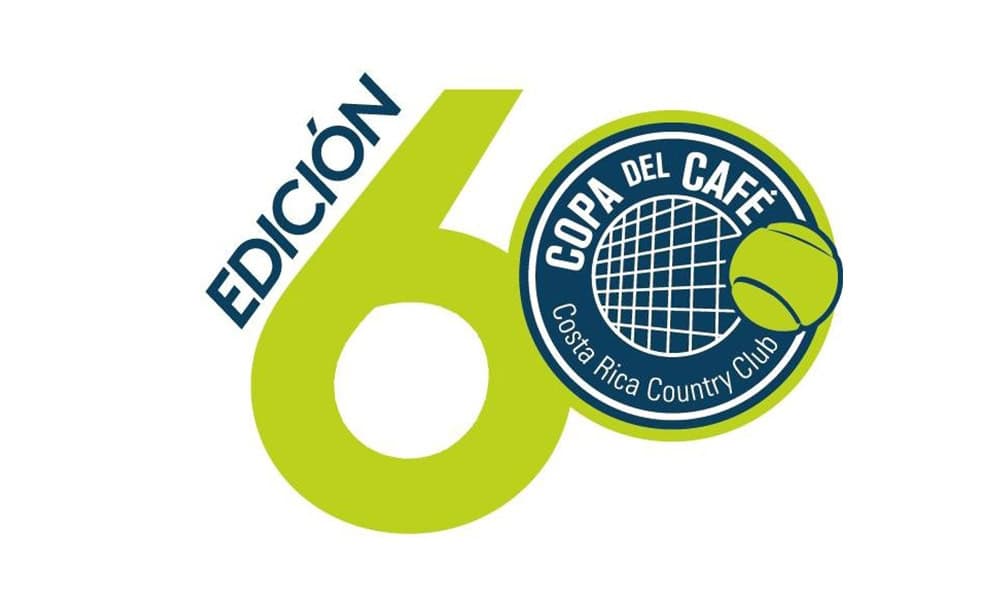QCOSTARICA — In Costa Rica, nearly 30% of individuals have current debts, with a concerning portion turning to loans for everyday costs, as indicated by a recent survey conducted by the International Center for Economic Policy for Sustainable Development (CINPE) at the National University (UNA).
The research shows that a quarter of loan recipients use the funds for essential needs like buying food, personal items, or covering utility bills such as water and electricity. Economist and researcher Leiner Vargas from CINPE suggests that this indicates a level of financial desperation among a significant portion of the population.
– Advertisement –
“That people resort to debt to buy food or pay for household services reflects the economic situation of a segment of the population that has lost jobs, and sources of income and is in a complicated situation. We are talking about debts for current expenses, this is an act of economic desperation,” says Vargas.
In addition, these loans, designed for day-to-day expenses, reflect a significant attempt to uphold a lifestyle that may not be feasible in the long run, potentially resulting in financial difficulties.
“These types of loans have also been growing, reflecting that people can no longer maintain their standard of living, and they make an extraordinary effort, which implies spending today and becoming insolvent tomorrow,” adds Vargas.
The survey also indicates that nearly 38% of participants seek loans for purchases like cars, land, or appliances, with 10% doing so for emergencies and 9% to settle credit card debt.
Additionally, 18% of individuals with debts have faced issues with making late payments. The primary cause for missing payments is emergency medical expenses (48.38%), with a lack of financial planning being the second most common reason (22.70%).
Late payment has had significant impacts on individuals who have gone through it. According to a survey, 51% reported losing access to credit in the formal sector due to their damaged credit history. Additionally, 15% experienced depression as a direct result of their financial struggles, while 9% faced consequences such as job loss, asset loss, and strained personal relationships.
– Advertisement –
In Costa Rica, individuals typically spend 40% of their income on essential services like food, water, electricity, and internet. Loans make up 17% of their expenses, while health and education account for 13% and 12% respectively.
“Loanshark” loans
According to the study, a minimum of 5% of the population admits to obtaining loans from a “loan shark” (known as “gota-a-gota” in Spanish). Men make up 54% of this group, with the majority falling between the ages of 35 and 44.
The majority of individuals who rely on informal debt have either incomplete secondary education (30%) or complete primary education (25%). Additionally, 75% of these individuals have never received financial education, and 33% do not typically create budgets for their expenses.
The reasons why individuals resort to managing a “loanshark” loan are varied. 20% mentioned losing their credit status in the formal sector due to non-payment, 18% cited a lack of access to the regulated financial market, and 16% mentioned their inability to sustain further debt due to limited payment capacity.
– Advertisement –
– Advertisement –
Source link
Rico



